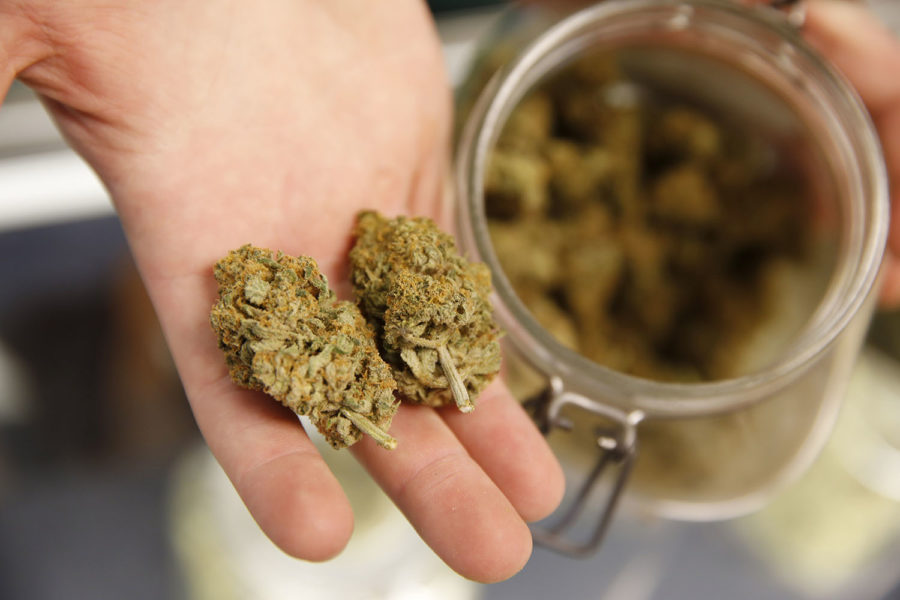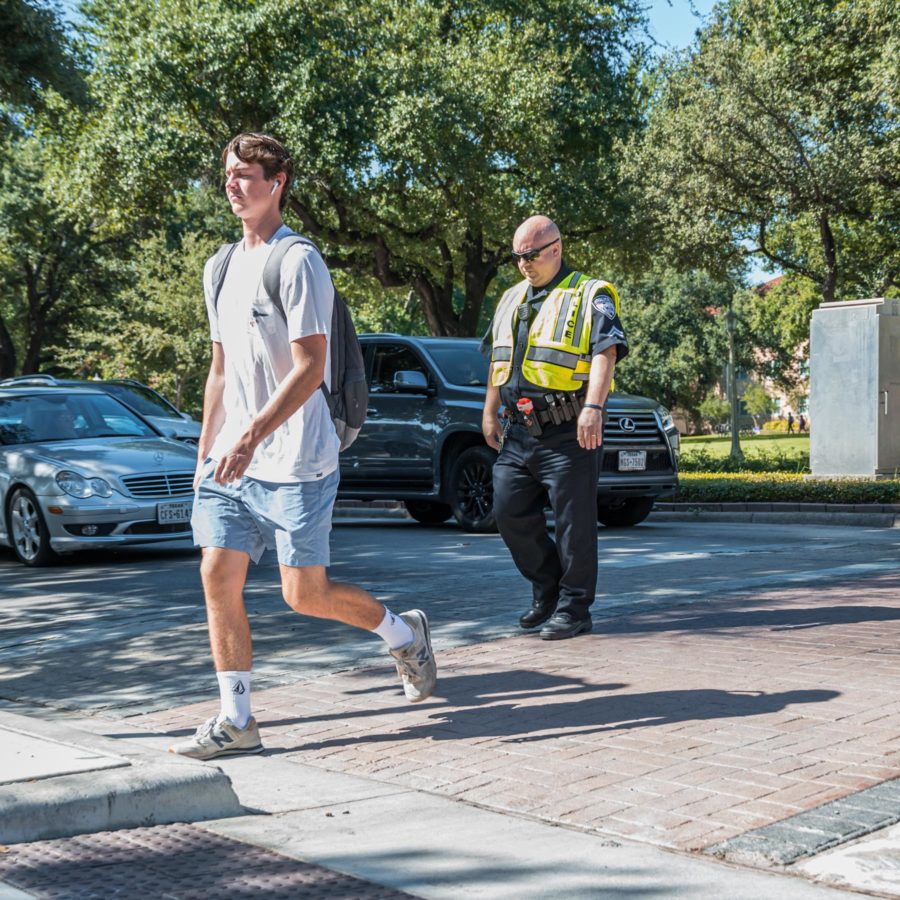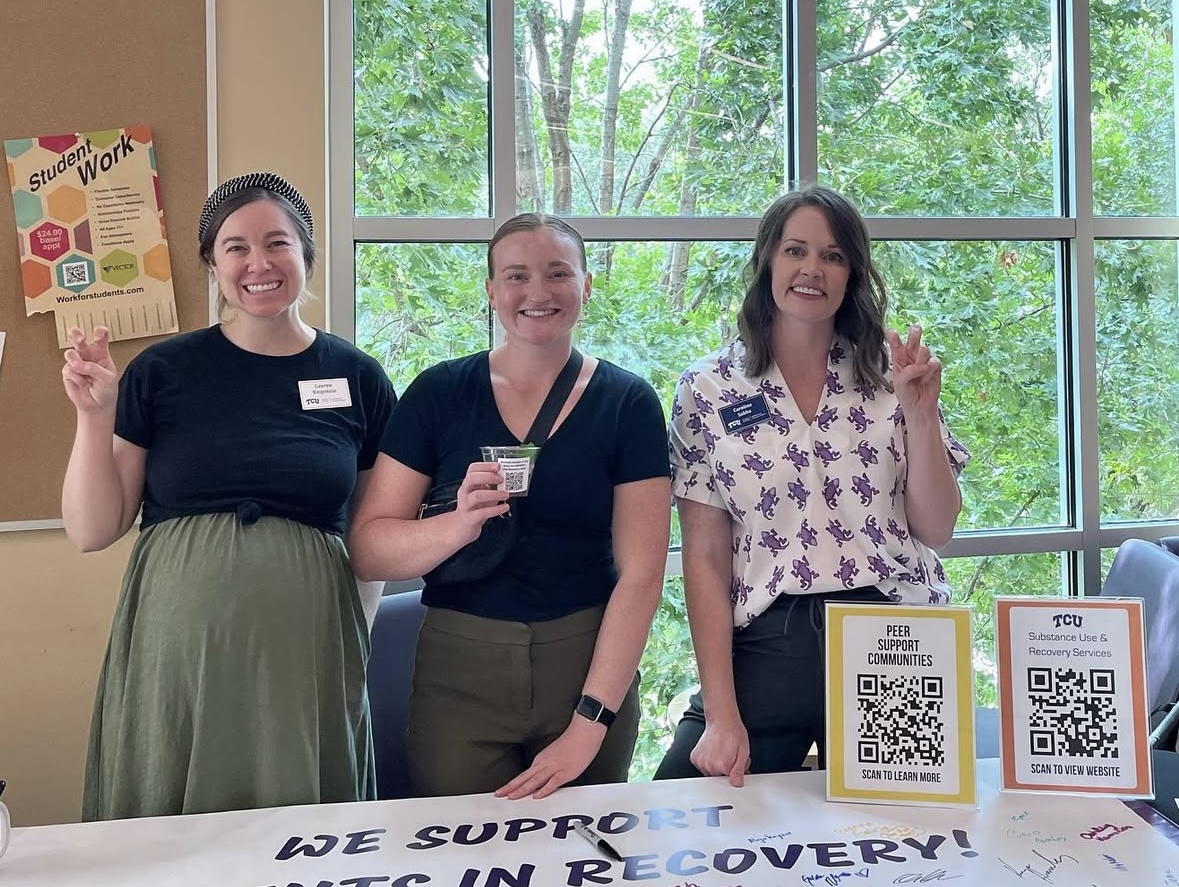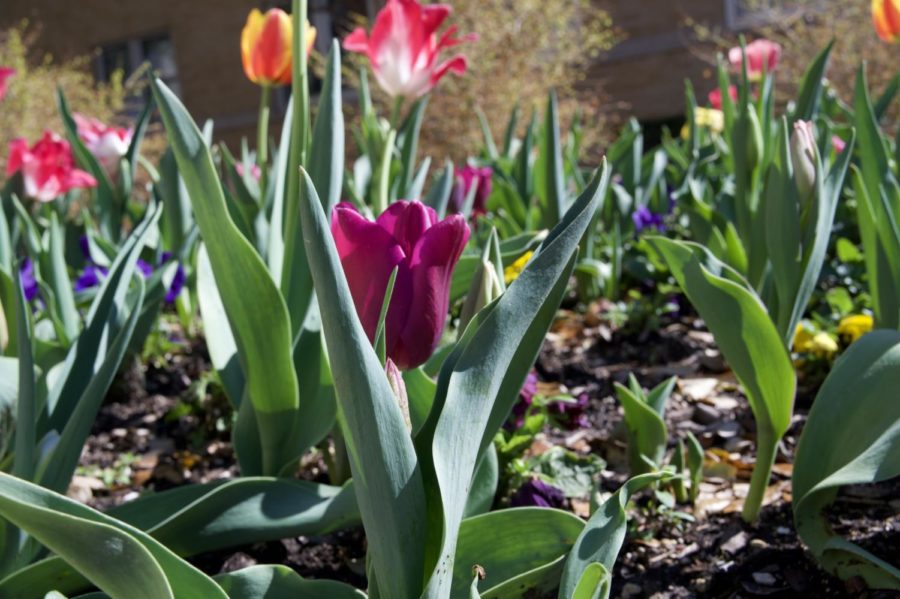Since 2009, drug violations at TCU have nearly tripled and alcohol violations have doubled.
But there’s no clear reason for the spike. TCU officials point to increased enrollment and the decision by some states to legalize the recreational use of marijuana for the rise in numbers. However, some students questioned whether the increase was the result of a stricter enforcement of the rules, rather than increased use.
“I wonder if drug use on campus has actually doubled or if TCU PD has just done a better job at catching these violations,” said Steffi Loe, a senior nursing major.
“If drug use is increasing, then it’s surprising to me because it’s my fourth year here, and I haven’t noticed any differences,” Loe said.
The numbers on the TCU crime log paint a different picture. Since 2012, when the class of 2016 entered TCU, drug violations jumped 96 percent, from 52 violations in 2012 to 102 in 2014.
Go back a few years further and the increase is even more stark. There were 39 drug violations total in 2009, according to the log.
Since 2012, alcohol violations are up 13 percent from 678 to last year’s 769. Since 2009 the number has more than doubled, from 371.
Dr. Sparkle Greenhaw, director of Alcohol and Drug Education at TCU, said analyzing alcohol and drug violation numbers is complicated.
“One of the factors is how much people are choosing to use. The other piece of the puzzle is enforcement,” Greenhaw said. “It’s really impossible to tell if the number is going up because of increased enforcement, or if it’s going up because people are using more.”
One of the most common attributions for this growth is the increasing number of students on campus. The total student population at TCU has increased in recent years, but not to the extent that the violation numbers have increased.
Six years ago, the total number of students enrolled at TCU was 8,887, according to the Office of Institutional Research. At the beginning of the fall semester in 2015, that number had increased to 10,033—nearly 1,200 more students.
However, the 13 percent increase in students doesn’t match up with the severe increase in substance violations.
Drug and alcohol abuse appears to be on the rise at TCU, and a number of factors are to blame.
Lt. Ramiro Abad of the TCU police department attributed the increase to better recognition of illegal substances by students and faculty, noting “the detection by housing staff and reports by residents of the illegal use has contributed to increased action.”
Abad also mentioned the ease at which marijuana is detectable when used in dorms.
Greenhaw said national media attention surrounding marijuana is partially to blame. She added the perception nationwide reflecting the idea that marijuana is harmless is resulting in an increase in use, not just at TCU, but everywhere.
In addition, every year TCU receives an increase in out-of-state students, including ones from states in which marijuana is now legal (whether for recreational or medical use), according to the institutional research office.
“It’s hard to say that any specific factor is really causing such a large increase,” said Scott Martinson, a senior accounting and finance double major and resident assistant of Moncrief Hall.
Martinson said he thinks the biggest factor is probably more large lounges converted to rooms which tend to be prone to more policy violations. He said students might think they can get away with more, because these rooms are more secluded and at the end of the hall.
Greenhaw cited peer pressure. The more people gathered in one place, the more pressure there is to conform to the norm, which may be substance use.
She added some students on campus make risky choices, but there are a lot of students who don’t.
“But those aren’t the ones making headlines,” she said. “So we [should do] whatever we can do to give those students in the community who are making smart choices a voice, and hope that will also be contagious to other students.”








